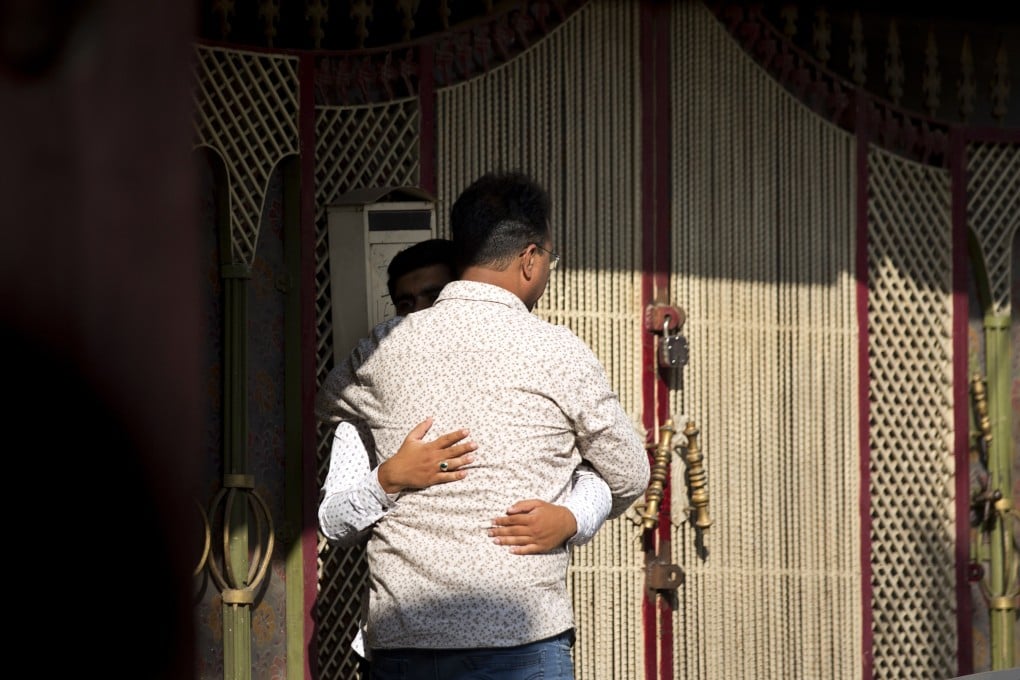New Zealand shooting: Journey home begins for Christchurch mosque massacre’s foreign victims
- Indian High Commission says the bodies of two people killed in attack had arrived in their homeland and a third was expected later on Monday

Masters student Ansi Alibava, 25, was among at least five Indians shot dead by a white supremacist in Christchurch on March 15.
Her body arrived at an airport in Kochi, in the southern Indian state of Kerala, early on Monday where it was received by relatives and government officials.
It was then taken to her nearby hometown of Kodungallur and put on display – her mother Razia and brother Asif Ali weeping over the coffin – before a funeral.
“She hails from a poor family and her whole family counted on her. She was a girl who took up the challenge to succeed in life in all adverse circumstances,” said KI Noushad, Alibava’s uncle.
Alibava was praying at the Al Noor Mosque in Christchurch with her husband, Abdul Nazer, at separate sections, when the terrorist opened fire on worshippers.